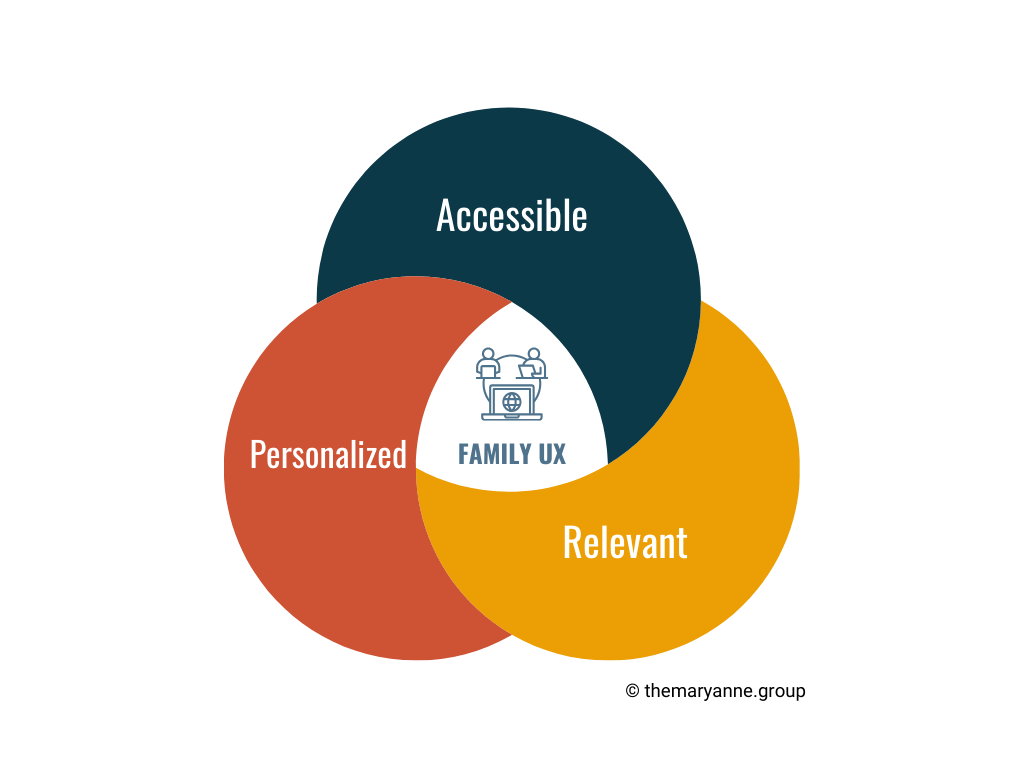The Power of Alumni Success Stories as Social Proof for Student Recruitment and Retention

Word of mouth—it's not just a buzzword; it's consistently named as the top recruitment tool by schools around the globe. While many factors influence a family's decision, the power of word-of-mouth is undeniable.
This influence often comes from current community members and expatriate families who share their experiences as they move from one posting to another. But there’s another valuable source of word-of-mouth that’s often overlooked: your alumni.
In the competitive world of international and independent education, building a strong brand reputation is key. One of the most effective ways to showcase your school’s value is through the success stories of your alumni. These stories provide compelling social proof of your school’s ability to nurture successful individuals, offering reassurance to prospective students and their families about the quality and effectiveness of your educational environment and curriculum. This blog delves into how leveraging these alumni narratives can significantly boost your student recruitment and retention efforts.
Why Alumni Success Stories Matter
Alumni stories go beyond mere testimonials; they paint a vivid picture of real-life outcomes and the school’s role in shaping successful futures. By highlighting diverse achievements across various fields, these narratives reinforce the school's image as a nurturing ground for talent and ambition.

How Alumni Stories Will Help Your Student Recruitment Efforts
Prospective families often seek tangible evidence of success. Alumni achievements, vividly shared through stories, make the school's potential benefits tangible. To effectively share these stories as part of your student recruitment strategy, consider the following:
Spotlight in Newsletters: Share regular updates about alumni to keep the school community engaged and informed.
Highlight on Social Media: Use platforms like Instagram, Facebook, and LinkedIn to showcase short, impactful alumni stories.
Feature on the School Website: Maintain a dedicated section for alumni success stories, making them accessible to prospective families.
Include in Your Annual Report: Extend the investment into producing the content by including a section in your school’s Annual Report.
Create a Digital Book: Consider creating a digital book and share it with prospective families during their inquiry and decision-making process.
Incorporating Alumni Stories Into Your Retention Strategy
A happy, thriving, and succeeding student is the best retention strategy and one of the ways current students find inspiration and motivation is via connection with alumni achievements. Incorporating alumni into the school’s ongoing narrative can help students visualize their future success resulting in enhanced engagement, satisfaction, and loyalty. Consider:
Mentoring Programs: Connect students with alumni mentors who can provide real-world advice and open doors to new opportunities.
Guest Lectures and Special Events: Invite alumni to share their stories and experiences, adding depth and relevance to the curriculum.

Gathering and Utilizing Alumni Stories
Effective storytelling begins with effective content curation and development strategy. Collecting impactful alumni stories is a dynamic process that involves more than just reaching out—it requires building a culture where alumni feel valued and are eager to share their experiences.
Develop a Strategic Approach: Start with a clear plan on what kind of stories you are looking for. Are you focusing on career success, community impact, personal achievements, or all of the above? Knowing this will guide your questions and the alumni you target.
Conduct Alumni Surveys and Interviews: Use surveys to gather broad data and follow up with in-depth interviews to capture detailed, personal stories. Make this process as easy and engaging as possible for alumni by using online tools and keeping communications clear and concise.
Host Alumni Events: Organize both virtual and in-person events that bring alumni back to the school community. These can be reunions, guest speaking opportunities, or informal gatherings. Such events not only strengthen bonds but also provide rich opportunities to collect stories.
Create Content Ambassadors: Identify enthusiastic alumni who can act as ambassadors for your school. They can help by sharing their own stories and encouraging their classmates to do the same.
Showcase Stories Creatively: Once you have collected these stories, think creatively about how to present them. Beyond traditional written testimonials, consider video interviews, podcast episodes, or interactive web features that can make the stories come alive.
Update Regularly: The school’s achievements and the successes of its alumni evolve. Regularly update your stories to include new achievements and to keep the content fresh and engaging.
Feedback and Adaptation: Encourage feedback on the stories you share from both the alumni featured and the wider school community. This feedback can help refine how stories are collected and shared, ensuring they resonate well with your audience.
By enhancing the process of gathering and utilizing alumni stories, you can ensure that these narratives not only capture the essence of your school’s impact but also serve as a dynamic tool for engagement and marketing. This expanded focus will help create a deeper connection with prospective and current families, demonstrating the ongoing value of an education at your institution.

Integrating Stories into Your Marketing Strategy
Alumni success stories are not just compelling testimonials; they are a powerful tool for branding and engagement that should be woven into every facet of your school’s marketing and communication strategies. Here’s how to do it effectively:
Feature Stories Across All Media: Use alumni stories in every form of media available—print, digital, and social. This includes brochures, newsletters, annual reports, your school’s website, and social media platforms. Tailor the story’s format to suit the medium—for instance, shorter versions for social media posts and more detailed accounts for newsletters or dedicated blog posts.
Incorporate into Advertising: Alumni stories can be powerful in advertising campaigns, whether online, in print, or on billboards. Highlighting real success stories in advertisements not only draws in prospective families but also reinvigorates the interest of alumni and current families, reminding them of the value your school offers.
Enhance Open Days and Tours: During open days or guided tours, use alumni stories to illustrate the journey of past students. This could be through photo displays, video presentations, or quotes posted around the campus. These stories help prospective parents and students visualize their future at your school.
Alumni Takeover on Social Media: Arrange for alumni to take over your school’s social media accounts periodically. They can share live updates, throwbacks, and personal insights into how the school helped shape their paths. This strategy adds authenticity and relatability to your channels.
Virtual Webinars and Panels: Host webinars or panel discussions featuring alumni who can speak about specific topics, such as career development, college preparation, or personal growth experiences facilitated by the school’s environment and culture.
Segmentation and Personalization: Customize how you share alumni stories to target specific audiences. For instance, if your school is known for its arts program, highlight alumni who have succeeded in that field to attract prospective students with similar interests. This targeted approach ensures that the stories resonate more deeply with those who have specific aspirations.
Continuous Evaluation and Adjustment: Regularly assess the effectiveness of how alumni stories are integrated into your marketing. Use analytics to see what resonates with your audience. Look at engagement rates, click-through rates, and feedback to tweak your strategy as needed.
By integrating alumni success stories into your marketing strategy in these ways, you not only showcase the achievements of your graduates but also strengthen the overall brand of your school. This strategic approach helps in creating a more connected and inspired community, while also attracting new students and families who are looking for proven success in their educational investments.
Alumni success stories are a cornerstone of effective school marketing, serving as both inspiration and proof of what is possible through your educational offerings. They not only help prospective and current families see the value of your education but also build a strong, engaged, and connected school community. Keep these stories at the forefront of your communications to continually attract, engage, and inspire students and their families.
Share





